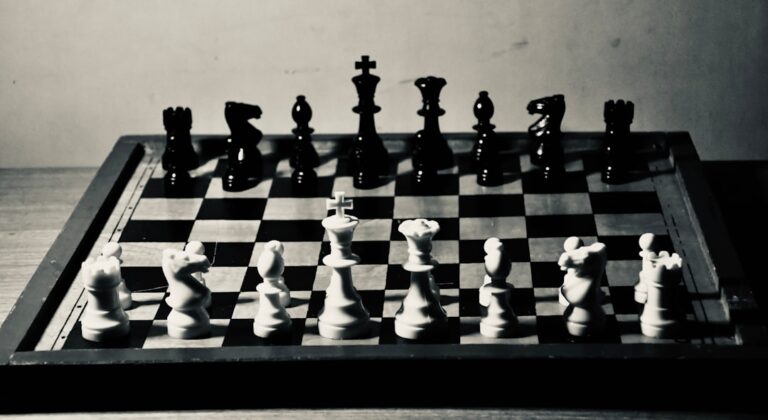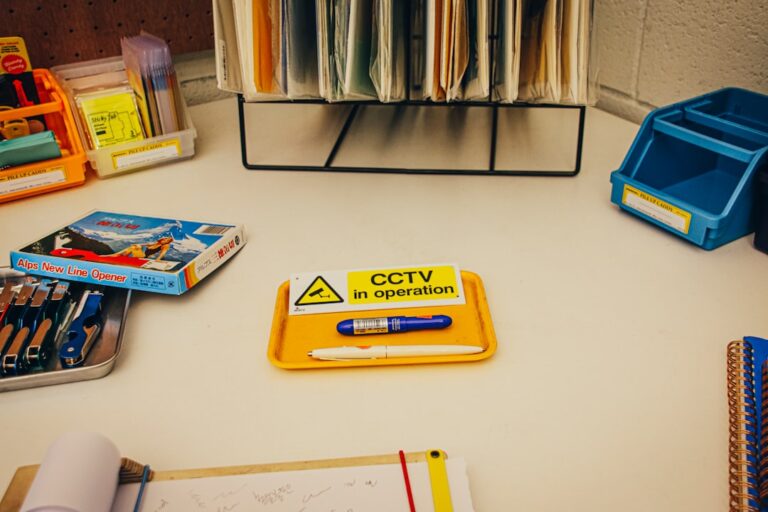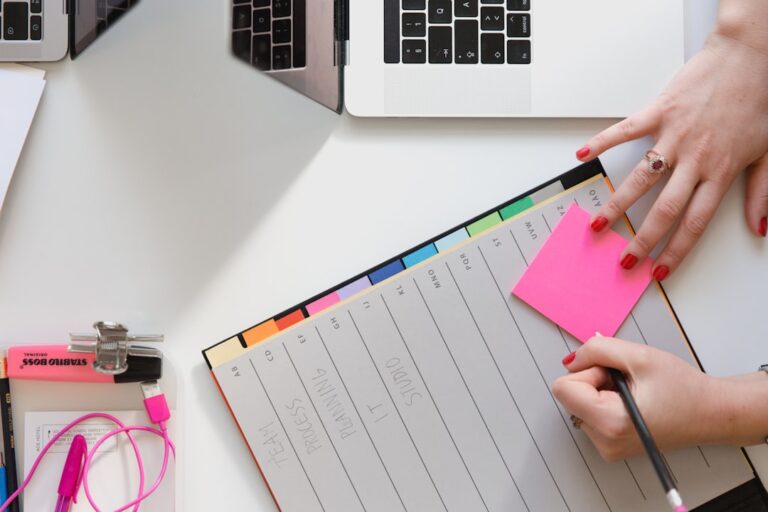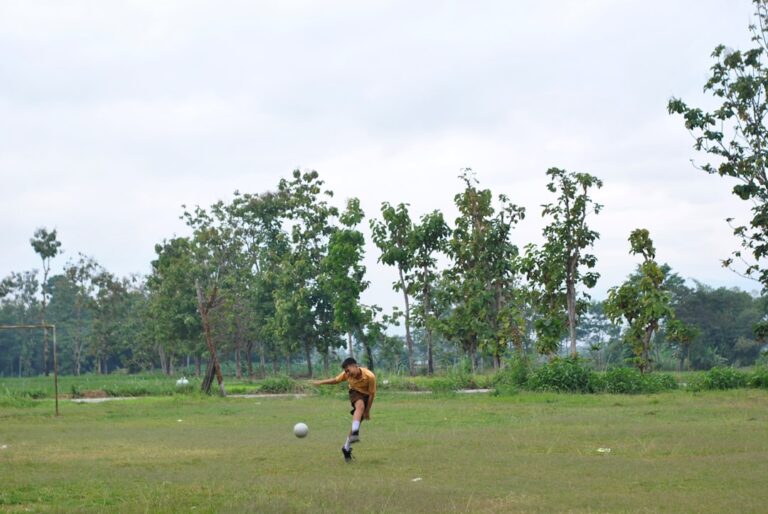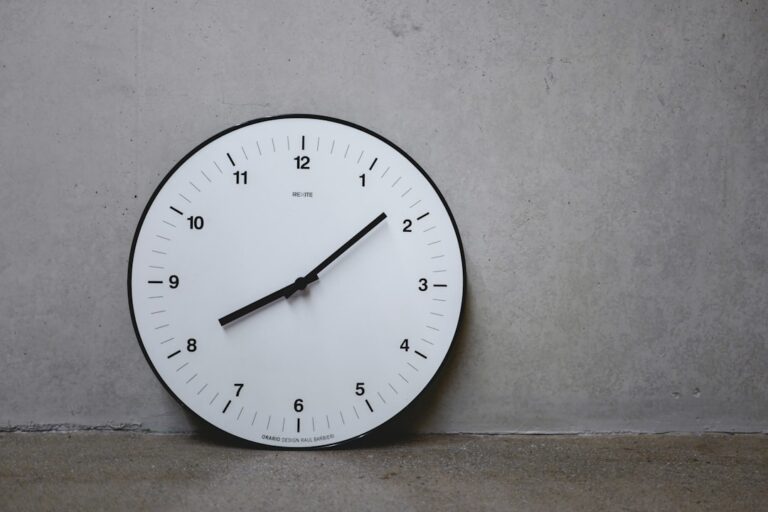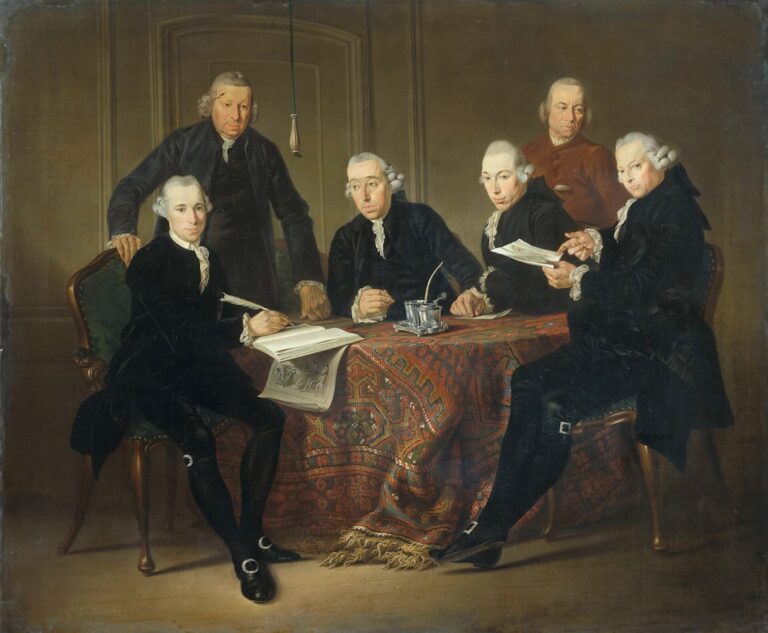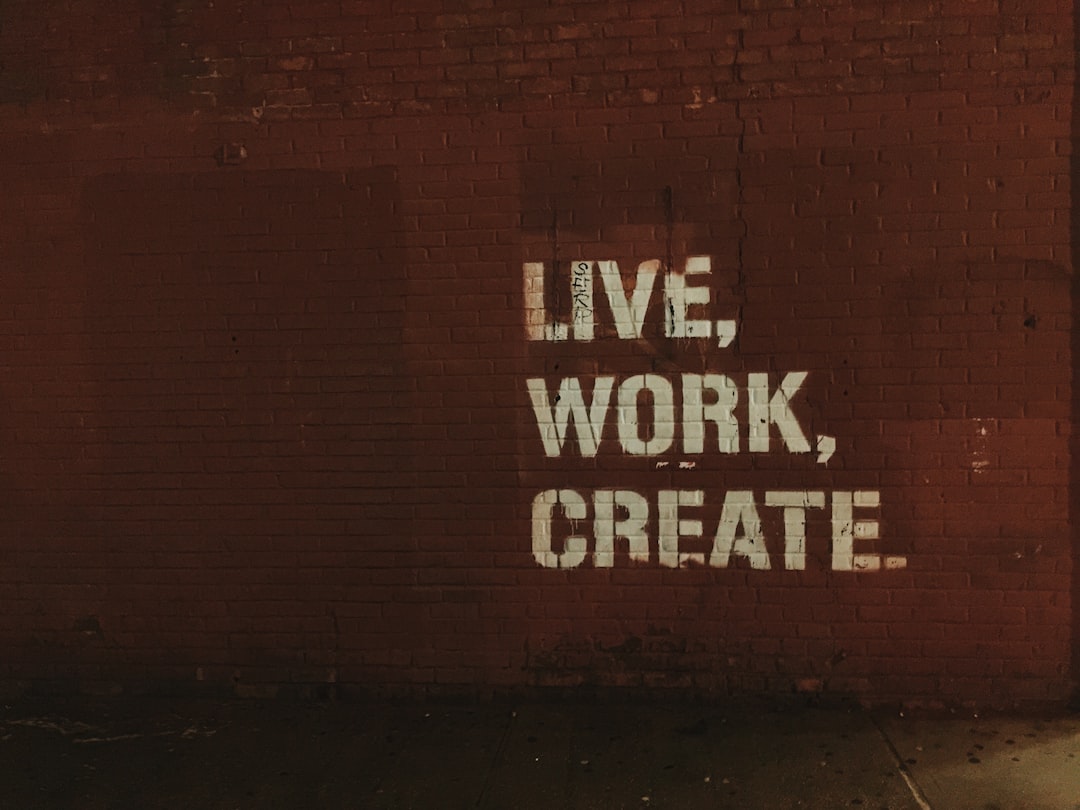
Ever felt like you’re just spinning your wheels, busy all day but with nothing major to show for it? Yeah, I’ve been there, staring at a mountain of work, feeling completely overwhelmed and like I’d never get on top of it all. It’s a frustrating place to be.
But here’s the good news: a productive workday isn't some magical unicorn. It’s built on simple, practical habits. I had to learn this the hard way. For years, I struggled with distractions – getting sucked into gaming for hours, letting laziness win, and generally feeling like my days were controlling me, not the other way around. It took a lot of trial and error, a lot of falling down and getting back up, to figure out what actually works. It's a journey, and I'm still on it, but I've picked up some powerful tools along the way.
So, if you’re ready to take back your day and feel that amazing sense of accomplishment, let’s walk through some steps together. These aren't complicated theories, just real-deal actions that can make a huge difference.
Plan Tomorrow, Today
Seriously, this is a game-changer. Before you shut down your computer or mentally check out for the evening, take 10-15 minutes to outline your tasks for the next day. What are the top 2-3 things you absolutely need to get done? Write them down. This way, you hit the ground running in the morning instead of wondering where to start. It also helps your brain relax overnight because you’ve already offloaded those pressing thoughts.
Tackle the Big One First
We all have that one task on our list that we dread. The big, hairy, audacious one. My advice? Do it first. Get it out of the way while your energy and willpower are at their peak. Once that’s done, everything else feels easier, and you’ve built momentum for the rest of the day. Procrastinating on the tough stuff just lets it hang over your head, zapping your energy.
Create Your Cone of Silence
Distractions are productivity’s kryptonite. Phone notifications, email pop-ups, social media – they all pull you away from what matters. I know this struggle firsthand. When I was battling my gaming habit, any little ping could send me off track for hours. Now, I’m ruthless about creating focus. Turn off notifications. Close unnecessary tabs. Let people know you need uninterrupted time. Find what works for you to really dive deep.
Work Smart, Not Just Long
Most people think productivity means grinding for 8+ hours straight. That's a recipe for burnout. I’ve found that working in shorter, super-focused bursts is far more effective. For me, 2-4 hours of truly deep, uninterrupted work can achieve more than a full day of scattered effort. Try working intensely for a set period, say 45-60 minutes, then take a real break. It’s about the quality of your focus, not just the quantity of hours.
Step Away to Recharge
Breaks aren’t a luxury; they’re a necessity. And no, scrolling through social media doesn't count as a real break. Get up, stretch, walk around, grab some water, or just stare out the window for a few minutes. Stepping away completely helps your mind reset and come back to your tasks refreshed and often with new perspective.
Group Similar Chores
Constantly switching between different types of tasks (like writing, then emails, then calls, then planning) creates mental friction and wastes time. Instead, try batching similar activities. Dedicate a specific block of time for all your emails, another for calls, another for creative work. This helps your brain stay in one mode, making you more efficient.
Learn the Power of "No"
This can be a tough one, especially if you’re a people-pleaser. But if you say "yes" to everything, you’re saying "no" to your own priorities. Politely decline requests that don’t align with your goals or that will derail your important work. Protecting your time is crucial for productivity. It’s okay to set boundaries.
A Clear Space for a Clear Mind
It might sound trivial, but a cluttered desk often leads to a cluttered mind. Take a few minutes each day to tidy your workspace. It doesn’t have to be perfect, but a reasonably organized environment can reduce distractions and help you feel more in control and focused.
Good Food, Good Mood, Good Work
What you eat directly impacts your energy levels and brain function. Sugary snacks and heavy meals can lead to energy crashes and brain fog. Focus on whole foods that provide sustained energy. And don't forget to hydrate! Drinking enough water throughout the day is surprisingly important for staying sharp. This was a big lesson for me on my journey to losing over 110 pounds; fueling my body right changed not just my physical health but my mental clarity too.
Pat Yourself on the Back
Productivity isn’t just about plowing through tasks; it’s also about acknowledging your progress. When I was working to overcome unhealthy habits and lose weight, celebrating small wins was essential. It kept me motivated. The same applies to your workday. Did you finish a tough task? Did you stick to your focus block? Take a moment to appreciate it. This positive reinforcement builds good habits.
Quick End-of-Day Check-In
Just like planning the night before, a quick review at the end of your workday is super helpful. What did you accomplish? What went well? What could be improved for tomorrow? This little ritual helps you learn, adjust, and finish the day with a sense of closure. I also find this is a great time for gratitude. Taking a moment to be thankful for what I achieved, or even just for the opportunity to try, really helps my mindset. For me, this often connects to my faith, offering a sense of peace and purpose beyond the to-do list.
Sleep: Your Secret Weapon
You can’t be productive if you’re exhausted. Quality sleep is foundational to everything – your energy, focus, mood, and decision-making. Prioritize getting enough rest. It’s not about being lazy; it’s about giving your body and mind the recovery they need to perform at their best. Trust me, a well-rested you is a much more productive you.
Building a productive workday isn't about a massive overhaul overnight. It’s about choosing one or two of these ideas and consistently putting them into practice. Small changes, done consistently, lead to big results.
So, here’s a little something to think about: Which one of these steps feels like it could make the biggest difference for you right now? Pick one, just one, and try it tomorrow. You’ve got this.
